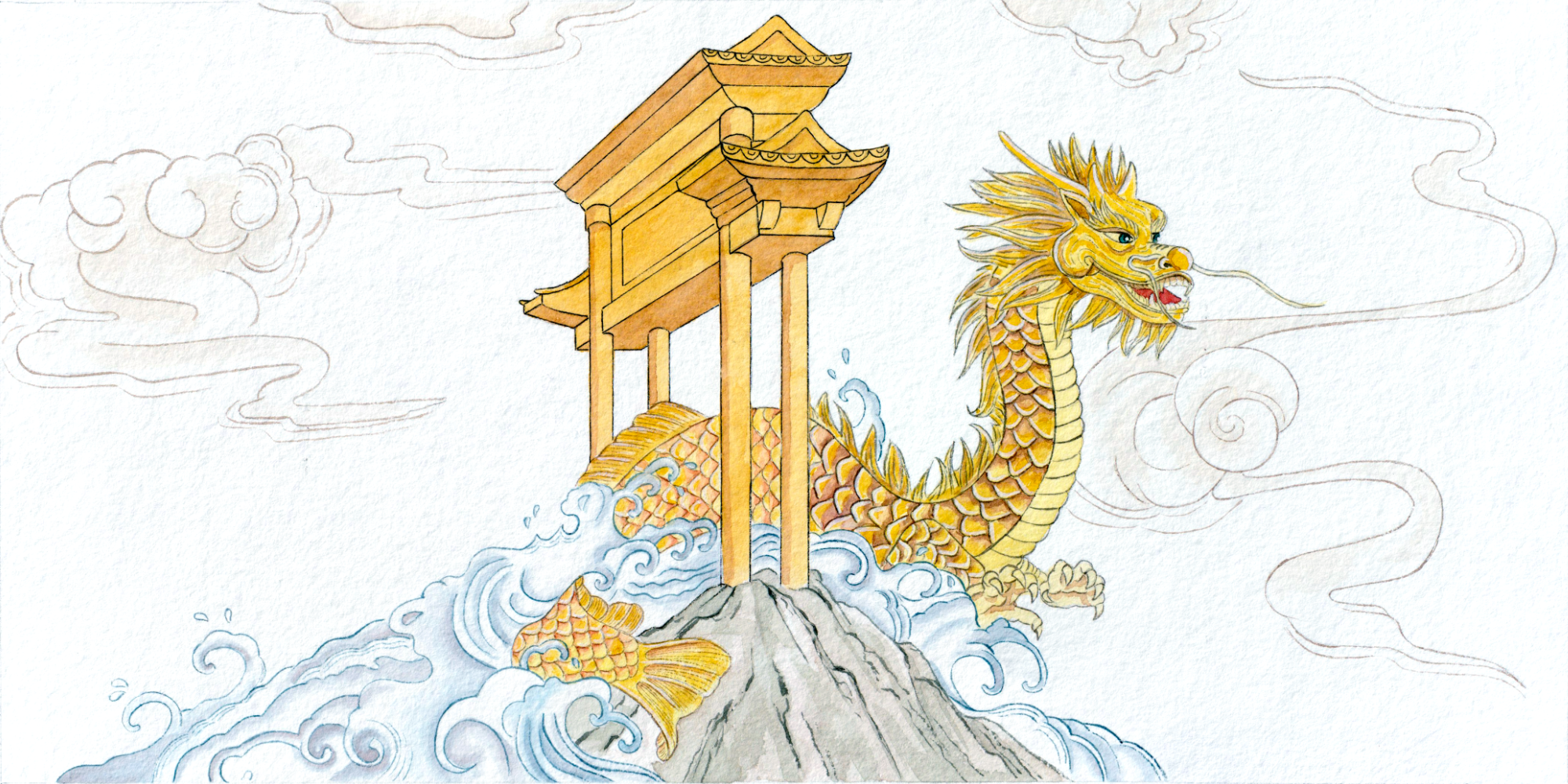
Happy Year of the Wood Dragon!
This year, 2024, is the Year of the Wood Dragon. If you were born in 2012, 2000, 1988, 1976, 1964, 1952, or 1940, then in the Eastern tradition you are a Dragon and this is your year. Dragons are said to be energetic, ambitious, determined, and tenacious.
According to holistic medicine practitioner Toni Krehel writing in The Epoch Times, “The adventurous and ambitious dragon typically aims high, seems to have endless energy and passion, is not afraid of challenges, and is willing to take risks.”
The Chinese zodiac is determined using the traditional stem-branch calendar system of the East, a completely different calendar system from the Western Gregorian calendar. According to the Records of the Grand Historian (Shi Ji), the Yellow Emperor "established the jiazi to designate years." This jiazi refers to the traditional Eastern system, which combines ten heavenly stems and twelve earthly branches, cyclically repeating every sixty years. The twelve earthly branches correspond to the twelve zodiac animals. That means that the last time there was a Wood Dragon year was 1964.
What does the Wood Dragon mean specifically?
Krehel writes, “In the celestial scheme of how energy flows and nature grows, the dragon is the last of the three transformative wood element influences in the cycle of life where the energetic influence upon nature is organizing and the will is determined to produce. It is the wood element influence in nature that plans for development, organizes resources to do so, and then executes the plan.”
While some may view dragons as purely mythical creatures, Chinese ancient texts suggest otherwise. According to records in the ancient text Zuo Zhuan, during the time of Emperor Shun, there was a man named Dongfu who was skilled in raising dragons. Emperor Shun rewarded him with an official position and land, and his descendants continued to raise dragons. According to the Records of Gathered Fragments (Shi Yi Ji), during the Xia Dynasty, dragon-raising persisted, becoming a hereditary duty. When Yu the Great was tasked with guiding rivers and controlling massive flooding during ancient times, dragons played a crucial role as his mounts, significantly speeding up his mobility across the land.
Since ancient times, there has always been a legend of carp leaping over the Dragon Gate. According to the legend, when a carp successfully leaps over the Dragon Gate, rain follows and heavenly fire burns their tails, and signifies a carp’s transformation into a dragon. People have used the phrase "carp leaping over the Dragon Gate" as a metaphor for achieving success, advancement, and overcoming obstacles. One ancient record indicates that Yu the Great carved the Dragon Gate Mountain, also known as the Dragon Gate. Legend has it that this Dragon Gate is located in the Yellow River Gorge in Hejin City, Shanxi Province.
Shen Yun Collections wishes everyone an auspicious Year of the Dragon with great leaps and ascension!
You May Also Like
1 comment
The ancient times are so mystical! Learned a bit more about Emperor Shun and the Great Yu. Thank you!























